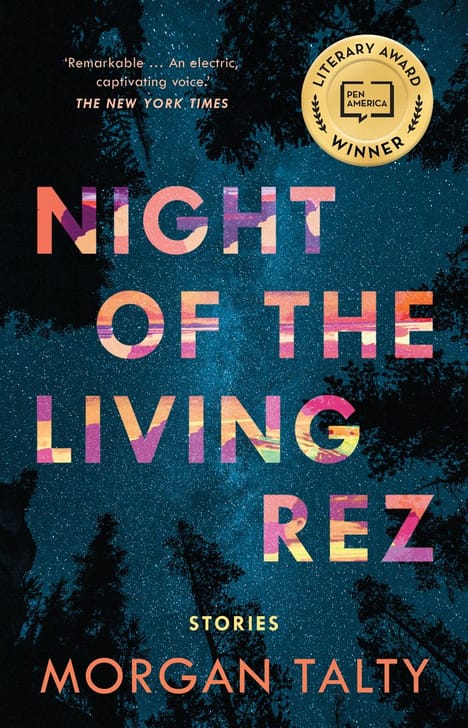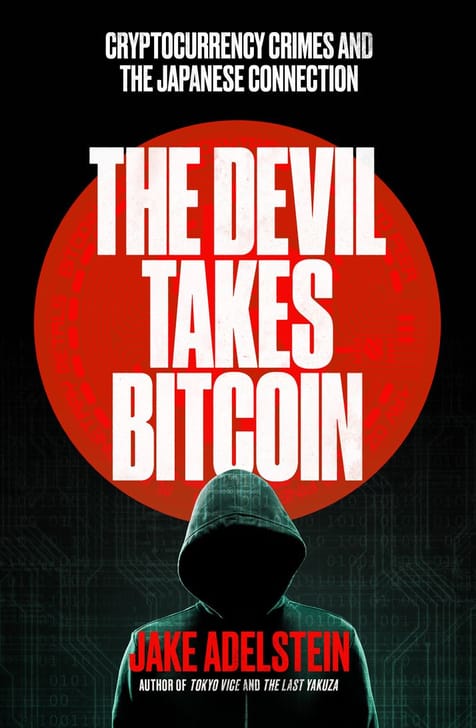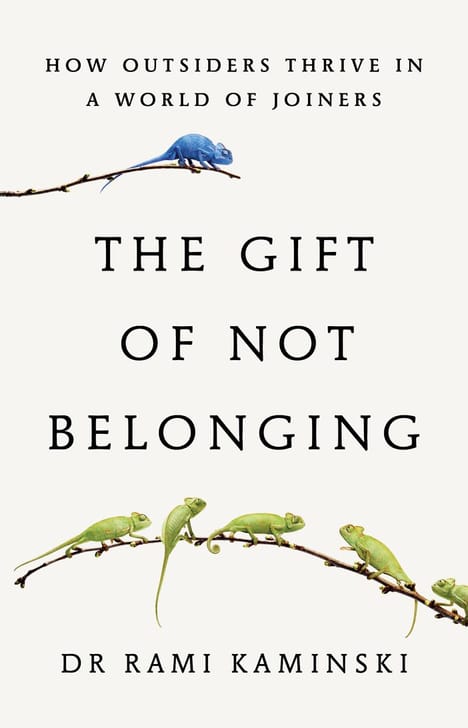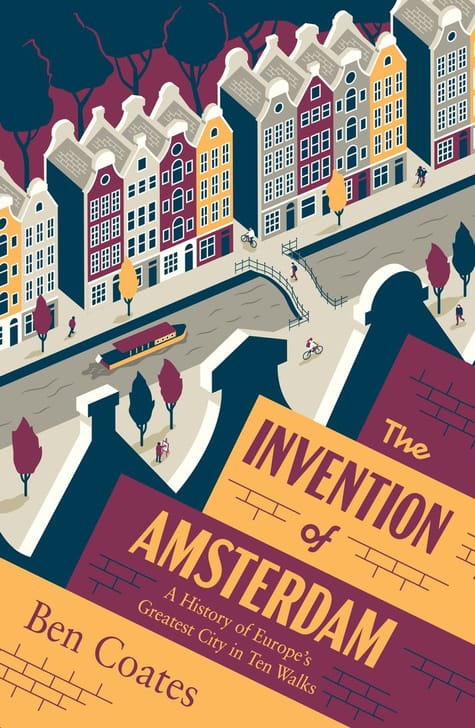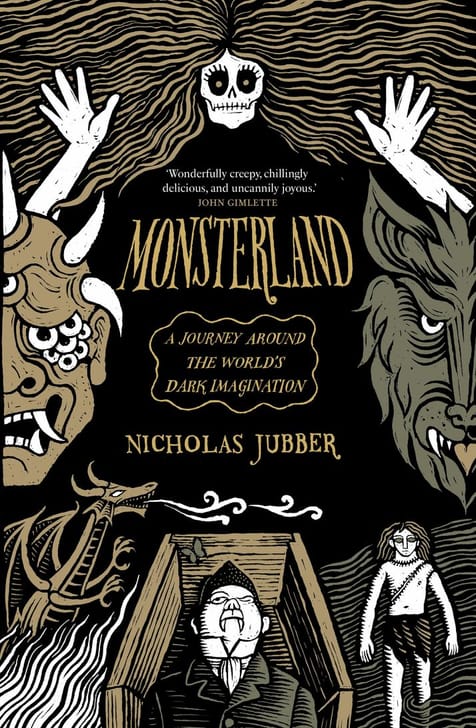
The Lost Boys:
inside Muzafer Sherif's Robbers Cave experiment
Buy ebook
The Lost Boys:
inside Muzafer Sherif's Robbers Cave experiment
Overview
Competition. Prejudice. Discrimination. Conflict.
In 1954, a group of American boys attended a remote summer camp where they were split into two groups, and encouraged to bully, harass, and demonize each other. The results would make history as one of social psychology’s classic studies, and one of the most controversial: the Robbers Cave experiment.
Conducted at the height of the Cold War, the experiment officially had a happy ending: the boys reconciled, and psychologist Muzafer Sherif demonstrated that while hatred and violence are powerful forces, so too are cooperation and harmony. Today it is proffered as proof that under the right conditions warring groups can make peace. Yet the true story of the experiments is far more complex, and more chilling.
In The Lost Boys, Gina Perry explores the experiment and its consequences, tracing the story of Sherif, a troubled outsider who struggled to craft an experiment that would vanquish his personal demons. Drawing on both on archival material and new interviews with the subjects, now in their 70s and none aware that the summer camps they’d attended had in fact been experimental ruses, Perry pieces together a story of drama, mutiny, and intrigue that has never been told before.
Details
- Format
- Size
- Extent
- ISBN
- RRP
- Pub date
- Other rights
- Paperback
- 210mm x 135mm
- 384 pages
- 9781925322354
- AUD$32.99
- 16 April 2018
- NA Consortium
Praise
“This is a wonderful book; I couldn’t stop reading once I started. Gina Perry is not only a thorough researcher, she’s also a great writer. A lot of psychology textbooks will have to be updated after her groundbreaking research.”
‘A fascinating and finely written study of one of the best-known social experiments of the twentieth century. Through archive research and interviews with participants, Gina Perry uses her investigative flair to reconstruct the context, characters, and stakes of this strange piece of history.’


